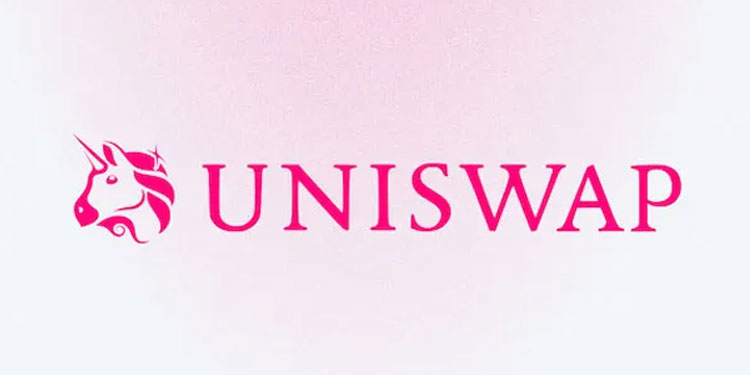
The poll, which was completed only five days before, saw a mere 503,000 token holders voting against it, according to the results. Polygon made the announcement on their own blog site, which can be seen here. Uniswap V3 contracts have just been implemented on the Polygon Mainnet, which is a proof-of-stake (PoS) network. Furthermore, compatibility for Polygon has also been added into the official interface of the AMM (automatic market maker).
There are three key reasons, as per Polygon, why the implementation of Uniswap on Polygon was deemed crucial. First of all, it recognizes Polygon’s importance in the Ethereum ecosystem, as well as the significant progress it has made this year in terms of development.
More than 3,000 apps such as Aave, Curve, and 0x, as well as 126 million users and greater than 3,000 applications are hosted on the sidechain. It has processed 1.22 billion transactions during the course of its existence and has been subjected to a number of integrations.
Polygon’s total value locked (TVL) is now valued at an astounding $5.2 billion, according to the company. At some moment in 2021, the count of active Polygon addresses surpassed the count of active Ethereum addresses. According to Polygon, the aforementioned accomplishments are the product of “thousands of hours of unrelenting effort and the unwavering backing of the whole Ethereum community,” among other factors. The deployment of Uniswap, the most popular Ethereum application, is a clear indication that these attacks have been identified.
Secondly, the manoeuvre puts the “original vision” back into play. According to the cryptocurrency community, Ethereum was conceived as “a big vision of an unrestricted, transnational economic structure available to everybody.”
Because of high transaction cost on Ethereum’s layer-1, the network’s usefulness has been restricted to big investors as well as high-value deals in the past. As a result, the goals of inclusion and democracy have been undermined.
Uniswap benefits from Polygon’s unrestricted user access, minimal transaction costs, and near-instantaneous trades that are provided by the platform. The initiative further strengthens Polygon’s standing in the decentralized finance (DeFi) environment, according to the company.
Following Ethereum layer-1 in terms of network development, Polygon is the second-largest decentralized financial infrastructure network in the market, as indicated by the figures given earlier. The implementation of Uniswap contributes to the preservation of this credibility, which is particularly important given that the DEX is seen as a ‘money lego’ in DeFi.
Additional rationale for Uniswap’s debut on Polygon is the plethora of possible application cases that might arise as a result of their collaborative efforts. Such improvements include more effective price discovery, transaction adjusting on central exchange (CEX), and a variety of other features. It is also anticipated that the transition would lure additional users.
The fact that Polygon has committed $20 million in cash incentives for the endeavor is noteworthy. This will be divided as follows: $15 million will be dedicated to liquidity provision over a long period and $5 million will be set aside for promoting the widespread use of Uniswap on Polygon. At the time of publication, MATIC was trading at $2.64, barely a few pennies short of its historical high of $2.70. In addition, the token has gained 24.3% last week and 69.3% last month.
